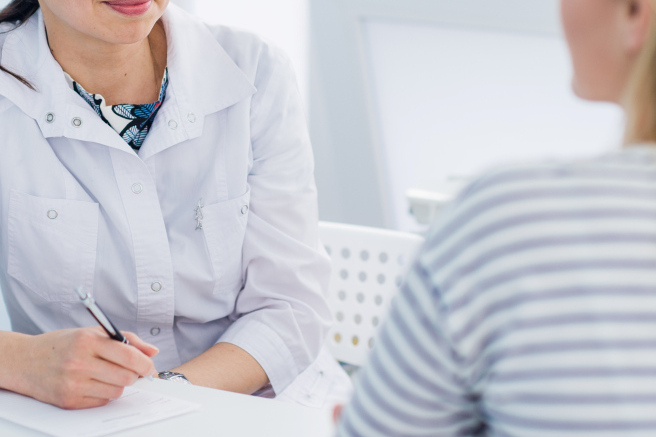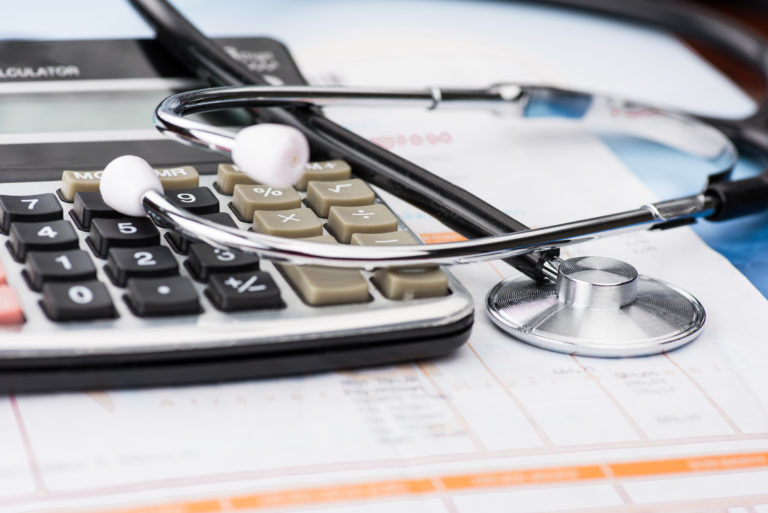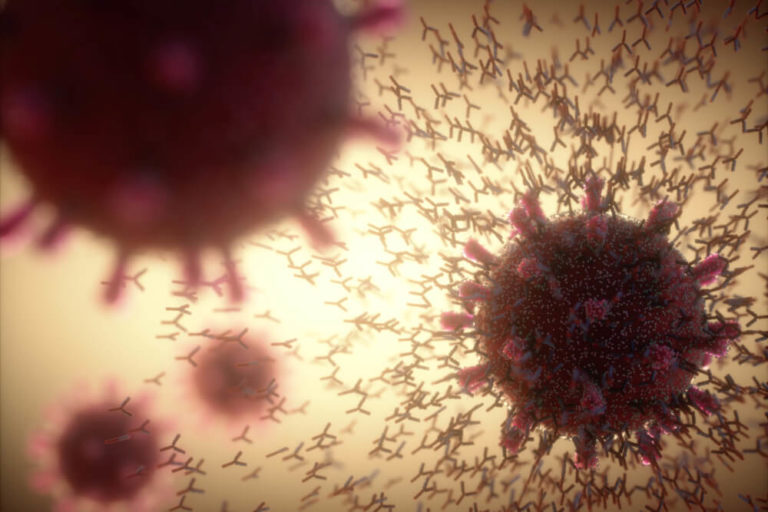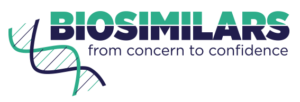
eLearning
Improve your knowledge and confidence in biosimilars with this curriculum of eLearning modules. Expert authors, Huub Schellekens, Paul Cornes, Ber Oomen, and Alexandra Pereira, will take you through the full story of biosimilars from the analytical and clinical development process to how to effectively communicate with your patients about them.
Each module will take up to 20 minutes to complete.
This expert authored eLearning module focuses on the importance of analytical data during the development process of biosimilars. It also provides a brief overview of the data requirements for approval of these products in Europe.
Publishing date: 29th September 2021
This expert-led video module focuses on debating the best practice in patient communication when initiating or switching to a biosimilar treatment, with the aim to improve your confidence in explaining the important information to your patients, helping them to gain confidence in their use.
Publishing date: 16th September 2021
This expert-authored eLearning module focuses on explaining why we need biosimilars, in particular from an economic point of view. This module also provides a brief overview of biosimilars’ historical background.
Publishing date: 21st August 2021
This expert authored eLearning module focuses on explaining some of the key terminology commonly used when discussing biosimilars, with the aim to improve its understanding and confidence in clinical practice.
Publishing date: 20th May 2021
This expert authored eLearning module focuses on explaining the concept of immunogenicity and how it affects the safety of biosimilars. This module also provides some considerations on how to interpret immunogenicity data in clinical practice.
Publishing date: 10th March 2021
This expert authored eLearning module looks at the clinical development process of biosimilars, particularly the importance of clinical trials to demonstrate biosimilarity.
Publishing date: 8th February 2021
Target audience
All medical oncologists, specialist nurses, and allied healthcare professionals working with patients for whom biosimilars may represent a treatment option.
Faculty and disclosures
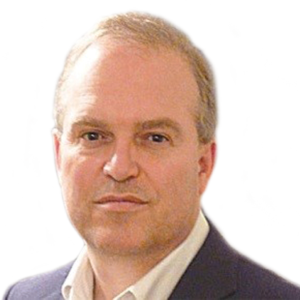 Dr Paul Cornes (BM BCH MA MRCP FRCR) has trained in Medicine at Oxford University and in Oncology at the Royal Marsden Hospital, London, UK before becoming a Consultant Oncologist in Bristol, UK.
Dr Paul Cornes (BM BCH MA MRCP FRCR) has trained in Medicine at Oxford University and in Oncology at the Royal Marsden Hospital, London, UK before becoming a Consultant Oncologist in Bristol, UK.
He is part of the steering group for the European School of Oncology Working Party on the Access to Innovation in Cancer Treatment. He was on the faculty for the annual ECCO European CanCer Organisation meeting and ESMO-Barcelona – speaking on Innovation and Value-based medicine.
Paul was part of the team that developed and presented evidence to the Oncologic Drugs Advisory Committee of the FDA for the first successfully approved US biosimilar. He is a faculty member for the Continuing Medical Education programme of the European Association of Hospital Pharmacists for 2016, 2017 & 2018 and a Core Lecturer for the European School of Oncology.
He is part of the British Medical Journal “Round Table” group on Biosimilars as well as a faculty member for the DIA Regulators Meeting on Biosimilars. He has been an adviser on medicines and biosimilars policy to several national health systems – both in the EU and beyond.
Disclosures
Paul Cornes has received travel costs to attend meetings and/or received speaker fees from Accord Healthcare; Astro; Biogen; the European Commission; the Global Academy of Health Sciences; GBM-Australia; Mylan, Napp; Pfizer/Hospira; Sandoz.
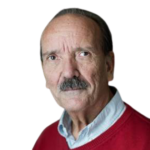 Dr Huub Schellekens MD, PhD is emeritus professor of Pharmaceutical Biotechnology at Utrecht University in the Netherlands. He studied medicine at Erasmus University in Rotterdam, The Netherlands ( 1967-1973), where he also did his training in Medical Microbiology (1976-1980) and received his PhD. in 1980.
Dr Huub Schellekens MD, PhD is emeritus professor of Pharmaceutical Biotechnology at Utrecht University in the Netherlands. He studied medicine at Erasmus University in Rotterdam, The Netherlands ( 1967-1973), where he also did his training in Medical Microbiology (1976-1980) and received his PhD. in 1980.
His work focuses on the preclinical development of biopharmaceuticals and he has published more than 400 papers in peer reviewed international journals, concerning many aspects of the development of therapeutic proteins. Lately, his work has included the immunogenicity of protein drugs and the disadvantages of biosimilars and non-biologic complex drugs. He is also active in developing programs to provide affordable biopharmaceuticals in the developed world and low and middle-income countries.
Prior to joining Utrecht University, Dr Schellekens was deputy director of the Dutch Primate Center, director of Medscand Ingeny and medical microbiologist at the Reinier de Graaf Hospital, Delft, the Netherlands.
Disclosures
Huub Schellekens has received speaker fees from Sandoz, Pfizer, Biocon, Dr Reddy and consultant fees from Sandoz USA.
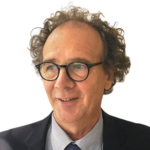
After completing his diploma, Ber Oomen trained as a general nurse before choosing to specialize in mental health nursing within a long-term, high-care clinical setting in 1980. In 2003, Ber joined the Dutch association for psychiatric nursing, as secretary, and was co-founder of the European Association for Psychiatric Nurses in Europe. He fulfilled the role of Secretary General within the organisation until 2009. In 2005, Ber took part in the first network meeting of the European Specialist Nurses Organisation (ESNO) and in 2008 accepted the position of secretary. He reformed the network into a European association based in Brussels, and was executive director for 12 years; he is currently senior advisor for ESNO. Since 2020, Ber has been director of the ESNO Foundation of Nurse Specialists Europe (FoNSE), which is responsible for shaping all ESNO projects.
As director of ESNO FoNSE, Ber is responsible for overall management of the association, being proactive in expanding the network of specialist nurses, advocating their role, and promoting recognition of their professional status at the European level. He is active in a variety of health programs: the Expert Group Health Workforce of DG Sante; the European Policy Platform; the EMA Health Professional Working Party; the OECD focus group on Skills Mismatches; the Joined Actions on Vaccination; and the Antimicrobial Resistance and Health Workforce. In 2018, Ber took on the role of project leader to create a nurses communication guide on biosimilars and was responsible for the content. He participated as an expert in the DG-Growth meeting on Biosimilars, took part in the biosimilars working group in the European Medicines Agency (EMA) and has been involved in various international events on biosimilars. In ESNO, he is project leader of the Switch Management Guideline for Nurses and, since 2021, has led a project to revise and update the first edition of the guide.
Disclosures
No disclosures to declare.
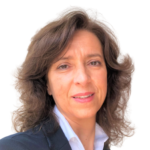
Alexandra Pereira completed her Nursing degree in July 1993. In August that year she began work as a nurse in a hospital specialising in Oncology, where since March 2004 she has performed roles in the outpatient department. During this time, she has administered standard outpatient treatments in accordance with her nursing skills, as well as providing overall patient care to administer these therapeutic regimens.
In April 2005, Alexandra assisted as a Study Nurse in a chemotherapy clinical trial, and has since participated in a number of other studies in this area. She graduated as a Medical-Surgical Nurse in July 2000 after completing a specialist course in Medical-Surgical Nursing.
Disclosures
No disclosures to declare.



